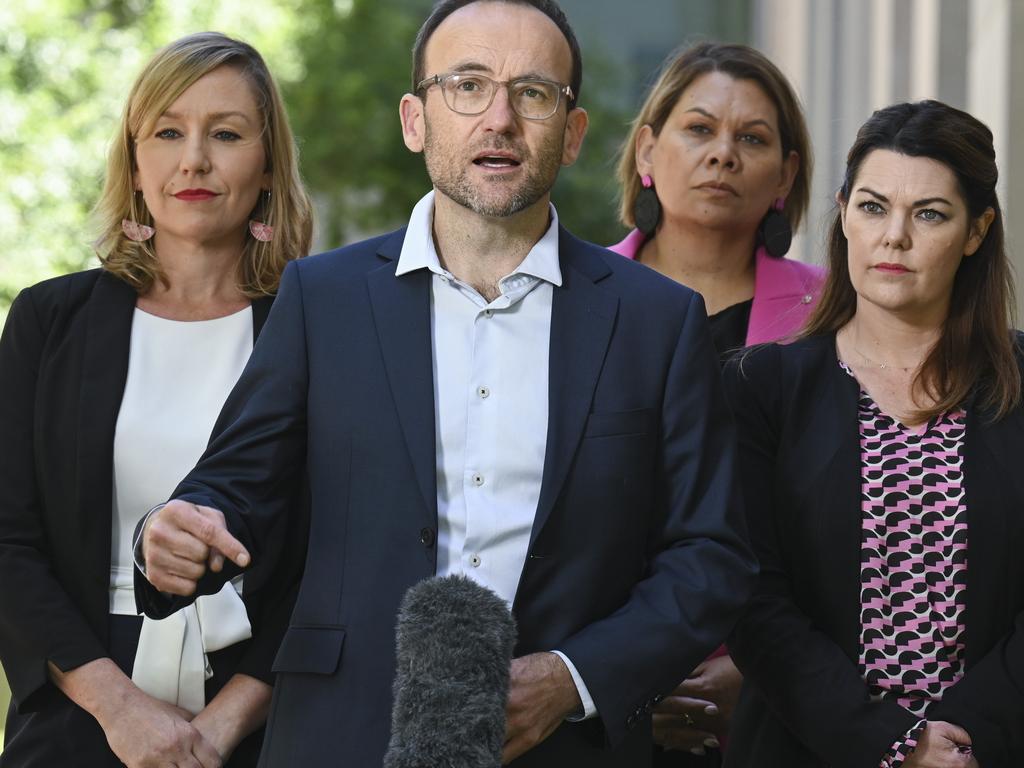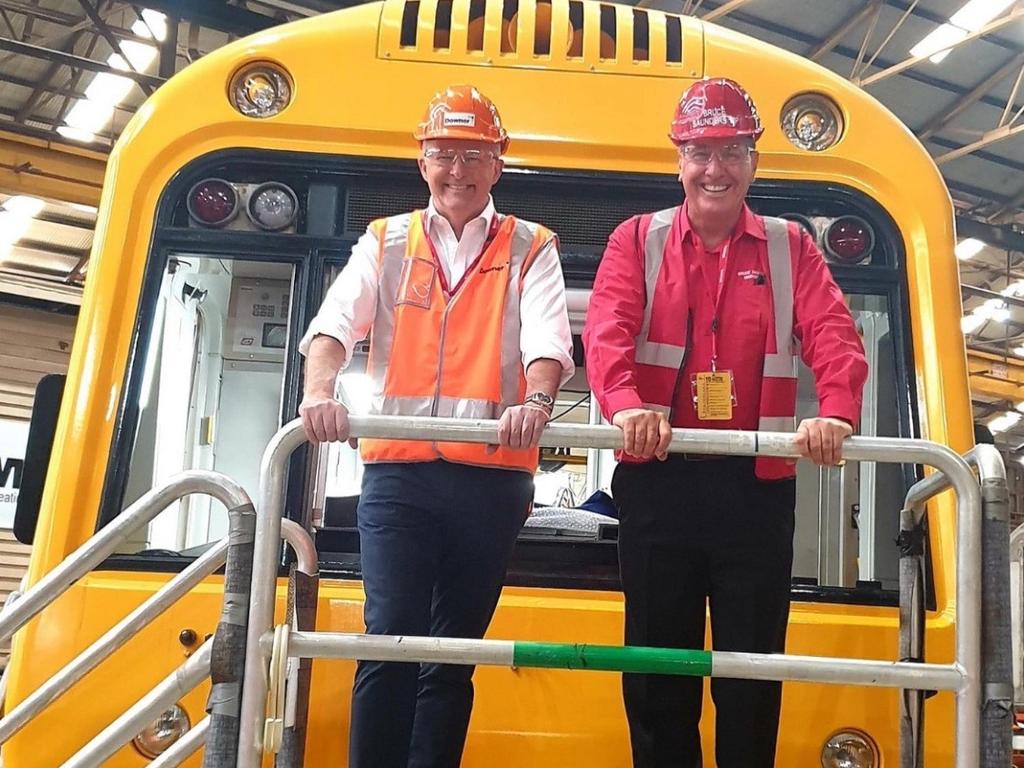
The legislation also goes to the heart of this Labor government’s approach to policymaking – delivering on promises made to key stakeholders. In this case, one of the most important stakeholders is the Australian Workers Union, whose membership is quite small overall but relatively strong in parts of the manufacturing industry. You may have noticed Dan Walton, national secretary of the AWU, speaking on the issue and demanding lower gas prices as well as a gas reservation scheme.
There are some manufacturing processes that must use gas directly, with no cost-effective alternative technologies currently available. In the case of the larger firms, you would expect them to enter into longer-term contracts with the gas producers at an agreed price. That some of these users have dragged their feet can be explained by an expectation that the government would intervene to get them a better deal. So much for free enterprise.
For smaller users, they can only access their gas supplies via retailers. This is a key point because, notwithstanding the government’s far-ranging anti-market interventions, there are no controls imposed on retailers. It’s entirely possible retailers will see an opportunity to extract higher margins so the net impact of the price caps on gas will be entirely (or more than) offset. Mind you, imposing price caps on retailers runs the risk of sending some of them broke quite quickly.
There are very strong parallels here with the introduction of Wayne Swan’s Resource Super Profits Tax in 2012. During the consultation period – which by the standards of this recent intervention was lengthy – it became clear the Treasury officials designing the new tax didn’t have the faintest clue about the key features of the resources industry. It was truly embarrassing. Fast-forward and nothing has changed. Officials were unable to answer some key questions about key terms in the proposed legislation, particularly the definition of a new gas field.
The Australian Competition & Consumer Commission has a long history of failing to understand the key features of the gas industry, likening it to some sort of infrastructure model. Having said this, the ACCC supported netback domestic pricing – effectively world parity pricing – until very recently.
The AWU quickly realised price caps and the ongoing “reasonable price provision” would not guarantee supply. Hence the powers in the legislation for the Treasurer to demand the companies supply certain quantities of gas. It’s at this point geological and engineering reality collides with Marxist dreaming.
The sad fact is that the rate at which the Bass Strait reserves are depleting is extremely rapid. To be sure, the Kipper field is a bit of help, but it’s small. On one estimate, there will be a fall of close to a quarter in the reserves in the Bass Strait by the end of next year. By the early 2030s, it will be all gone, although extracting from such small reserves will probably be suspended well before then.
But here’s the problem: there is gas in Queensland and most of this is used for the export market, bringing substantial economic benefits to the country. Note here these Queensland fields would never have been developed had it not been for the exporting opportunity. Many of the export contracts are locked in for years into the future.
But even if the government or the ACCC decides more gas is needed in the south, which it will be, there are capacity constraints on the pipelines that were designed for south-to-north transfers. It is simply not possible to rectify this problem quickly.
One solution always was for LNG to be imported into Victoria or NSW – two sites had been identified – to make good this shortfall, particularly at certain times of the year. The irony is that the government’s measures are likely to kill off this solution as the business cases that would justify the investment are weakened.
Sensing perhaps that the package would still not satisfy the AWU’s demand for lower gas prices and plentiful supply – sadly, Santa doesn’t exist in the real world – Anthony Albanese abruptly raised the issue of a gas reservation policy for the east coast. He spoke favourably about the policy that exists in Western Australia. What the Prime Minister didn’t mention was the fact that a reservation policy in respect of the Queensland fields was explicitly rejected by Labor when it was last in government. That’s right – it was a Labor government that decided against such a policy. There was a (reasonable) fear it would deter investment.
Most economists don’t have a problem with a reservation policy as long as it is determined before the event, when investors can take into account the policy requirements. But it is a serious problem involving sovereign risk after projects have commenced.
In the case of WA, there are immense reserves of gas and the 15 per cent domestic requirement has never been used in full – until recently, at least. It has enabled the state to have low domestic gas prices and there have been some investments, including current ones, spurred by this. Nonetheless, the WA government has so mismanaged its electricity grid that there are now serious problems. The exit of coal generation has been badly bungled and there is even talk of blackouts. Cheap gas is not a cure-all.
Interestingly, the developer of the Narrabri gas field in NSW, which has been many years in the making, has always offered up the gas for 100 per cent local consumption within the state. This offer has never been accompanied by a willingness on the part of the NSW government to facilitate the completion of this project – indeed, quite the reverse.
The recent energy measures demonstrate clearly the lessons of bad approaches are never fully learnt. We are about to repeat the policy mistakes of the 1970s when price caps seemed like a seductively simple remedy. Ironically, these mistakes were recognised by the Hawke/Keating government. The argument for world parity pricing of our resources was until recently regarded as unchallengeable; this is no longer the case. The politics may work for a while but the economics certainly won’t.








The fact that the government was able to pass its incoherent energy measures last week came as no surprise. After all, they were a response to a demand posed in panic: don’t just stand there, do something. The trouble is that doing something generally makes things worse, particularly down the track.